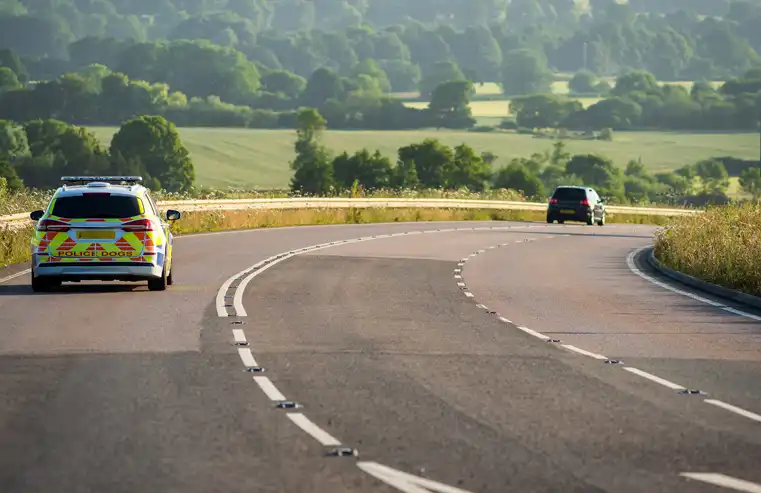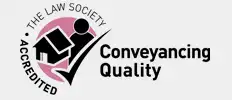- Conveyancing
- Family Law & Divorce
- Wills, Probate & Trusts
-
- Wills, Probate & Trusts
- Will Writing
- Probate
- Trusts
- Powers of Attorney
-
 Wills from £204
Wills from £204
-
 Probate
Probate
-
- Criminal & Motoring
-
- Criminal & Motoring
- Criminal Defence
- Motoring Offences
-
 Motoring Offences
Motoring Offences
-
 Criminal Defence
Criminal Defence
-
- All Personal Services
- Business Services
John Barkers
Solicitors Bedford
John Barkers solicitors offers outstanding legal services to the Bedford area. Our goal is to provide customised and cost-effective advice along with exceptional value for money. We have served the UK since 1884, so you can trust in our long-standing knowledge and expertise. You can contact us in a way that suits you, via video call, phone, live chat or email.
Contact: Live Chat, Video Call, Email, Telephone
Open: Monday to Friday 9am - 5pm
Call today: 01234 864567












